Optimal Timing for Wheelchair Ramp Installation
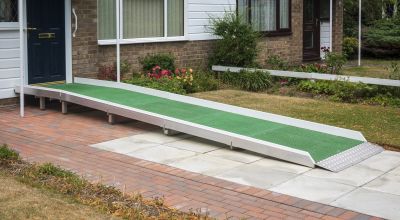
Adding ramps during renovations ensures proper integration and minimizes disruptions.
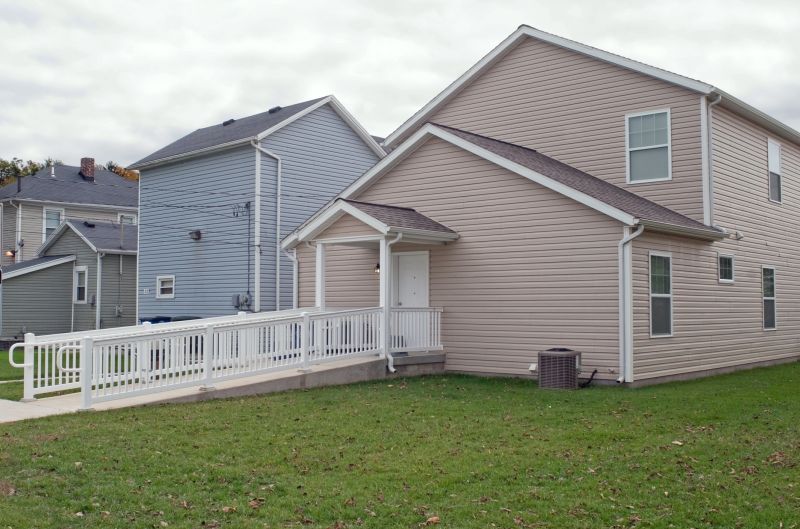
Warmer months provide optimal weather conditions for installation and maintenance.

Installing ramps prior to cold seasons prevents exposure to harsh weather and ensures safety.
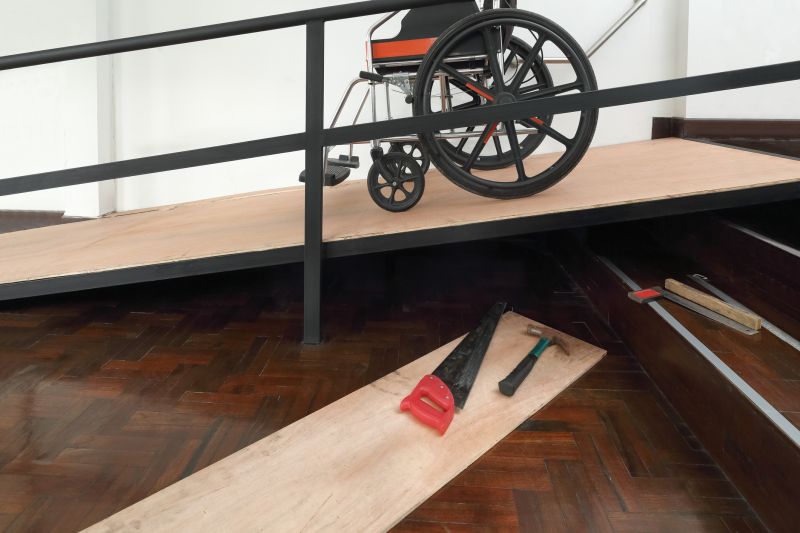
Ways to make Wheel Chair Ramps work in tight or awkward layouts.
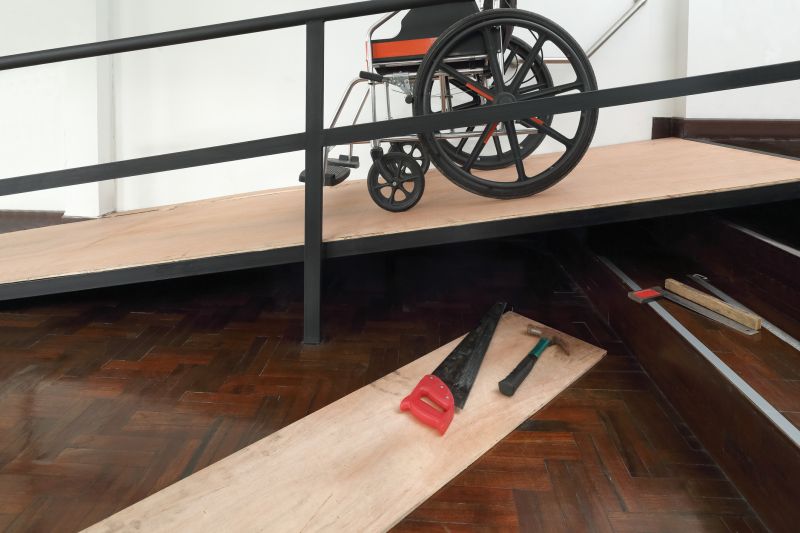
Popular materials for Wheel Chair Ramps and why they hold up over time.
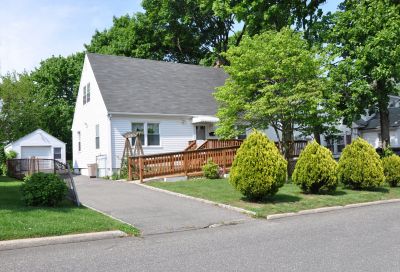
Simple add-ons that improve Wheel Chair Ramps without blowing the budget.
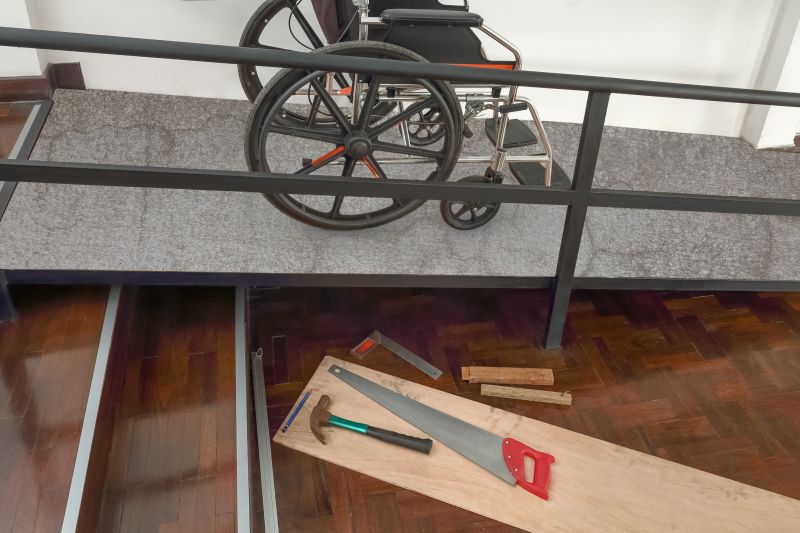
High-end options that actually feel worth it for Wheel Chair Ramps.
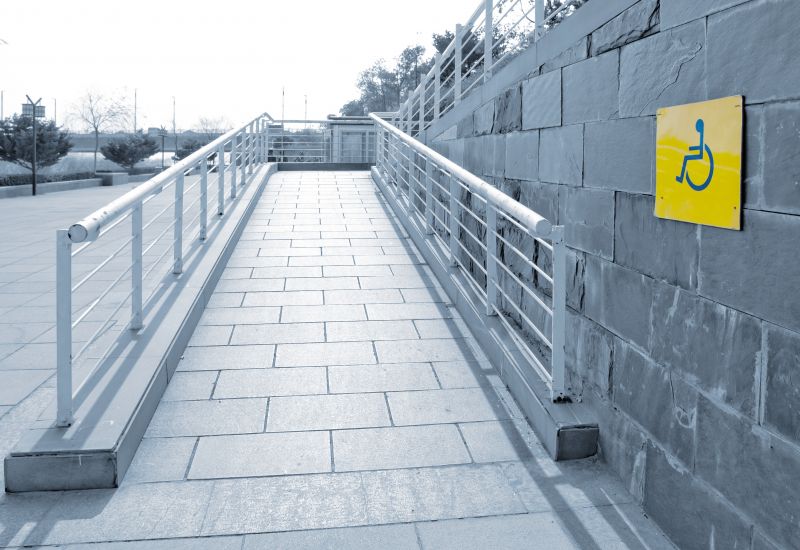
Finishes and colors that play nicely with Wheel Chair Ramps.
Wheel chair ramps are essential accessibility features that facilitate safe and independent movement for individuals with mobility challenges. Properly installed ramps can significantly enhance quality of life by providing easy access to homes, businesses, and public spaces. The timing of installation can impact the durability and safety of the ramps, making it important to consider optimal periods for setup.
Statistics indicate that over 61 million adults in the United States experience some form of mobility impairment, highlighting the importance of accessible infrastructure. Ramps designed to meet ADA standards typically have a slope ratio of 1:12, ensuring safety and ease of use. Proper planning and installation during suitable times can extend the lifespan of the ramps and reduce maintenance costs.
Installing ramps during dry, mild weather reduces the risk of delays caused by rain or snow.
Choosing weather-resistant materials is crucial when installation is planned for wetter or colder seasons.
Scheduling installation during off-peak seasons can lead to quicker completion and better service availability.
Timing installation properly helps ensure ramps withstand environmental stressors over time.
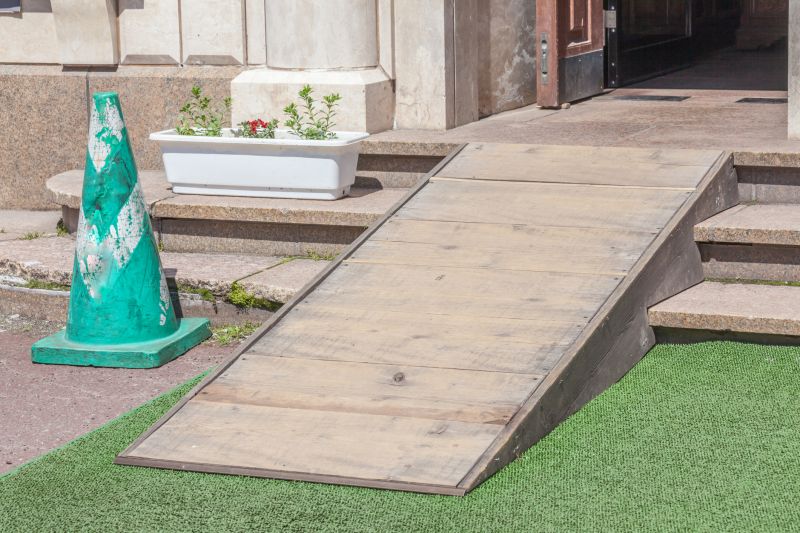
A well-placed ramp provides smooth access to building entrances.
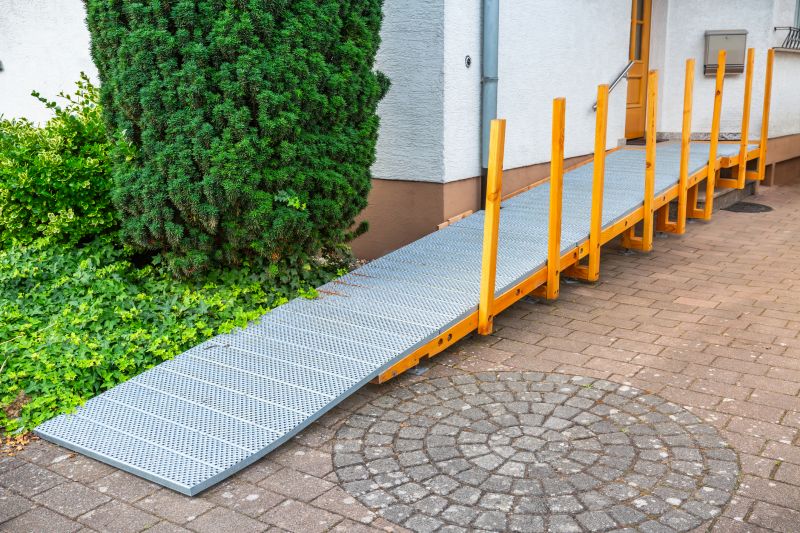
Outdoor ramps should be installed when weather conditions are favorable to prevent damage.
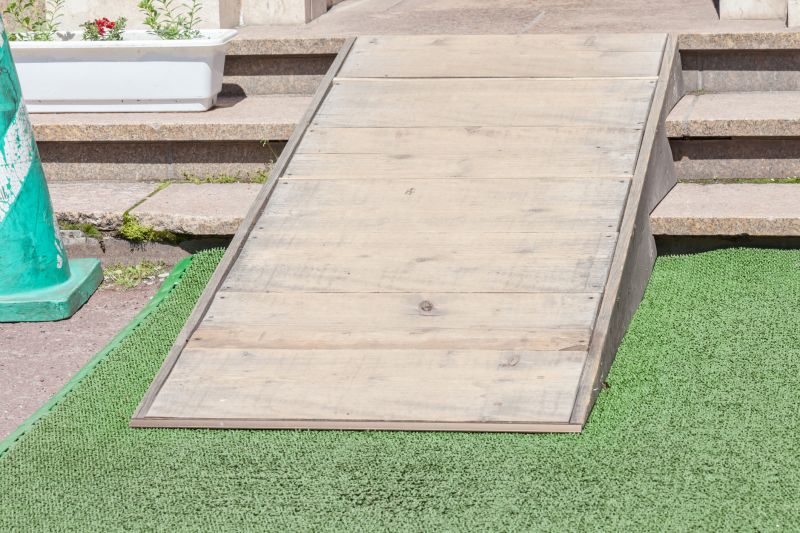
Indoor ramps can be installed year-round, but scheduling during less busy times is recommended.

Custom designs require planning to align with environmental conditions for longevity.
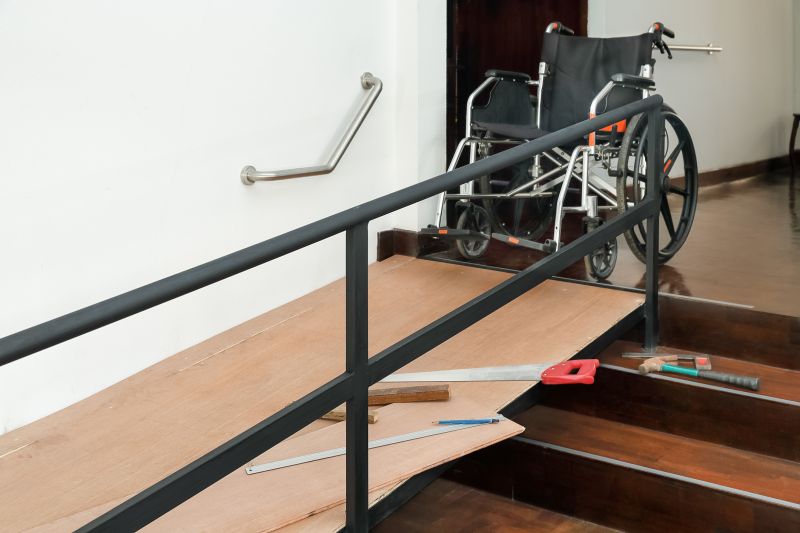
Little measurements that prevent headaches on Wheel Chair Ramps day.
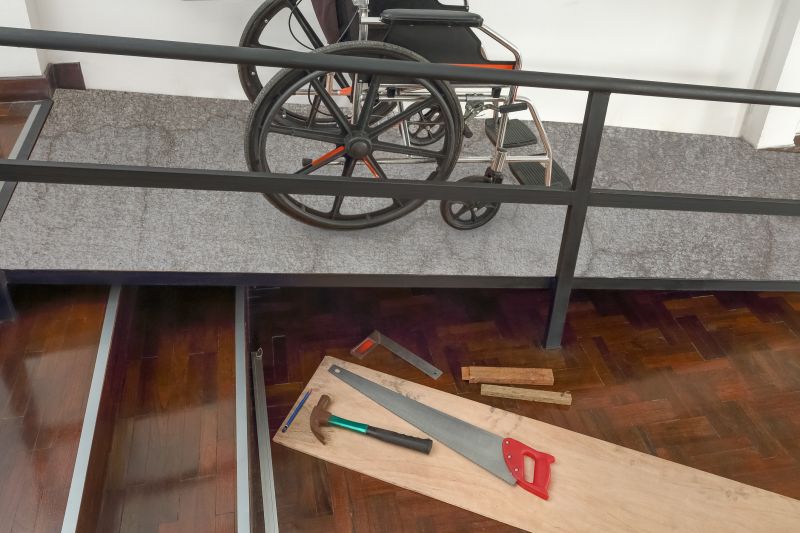
A 60-second routine that keeps Wheel Chair Ramps looking new.
| Timing Factors | Recommendations |
|---|---|
| Weather Conditions | Install during dry, mild weather to prevent delays and damage. |
| Material Choice | Select weather-resistant materials for outdoor ramps. |
| Seasonal Planning | Schedule before winter or during spring for optimal conditions. |
| Project Size | Larger projects may require more planning and weather considerations. |
| Availability of Contractors | Plan during off-peak seasons for quicker installation. |
Choosing the right time for installing wheel chair ramps ensures safety, durability, and cost-effectiveness. Proper timing minimizes weather-related issues and allows for optimal material use. Consulting with professionals can help determine the best period based on specific project requirements.
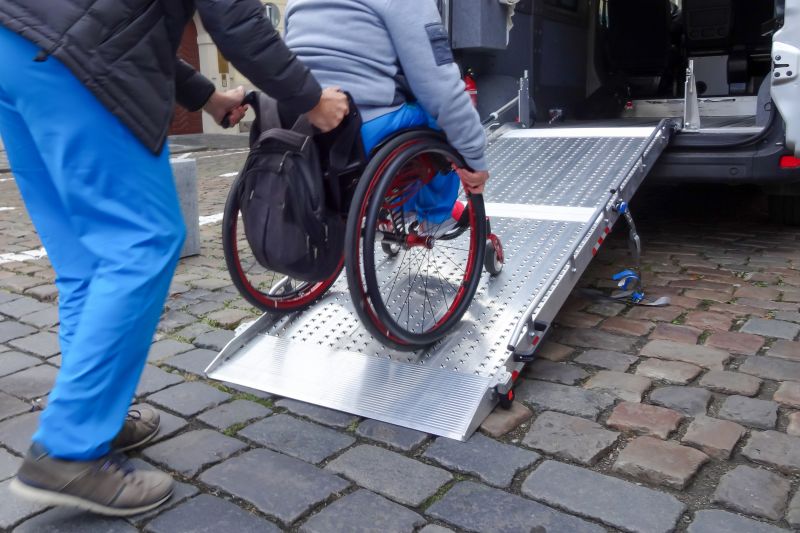
Ensuring ramps are accessible year-round.
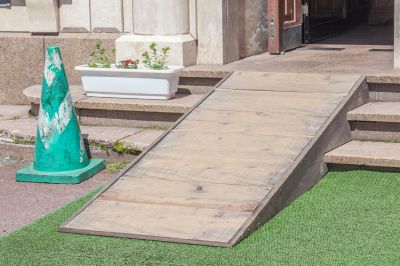
Preparing for installation during suitable weather.

Scheduling maintenance during milder seasons.
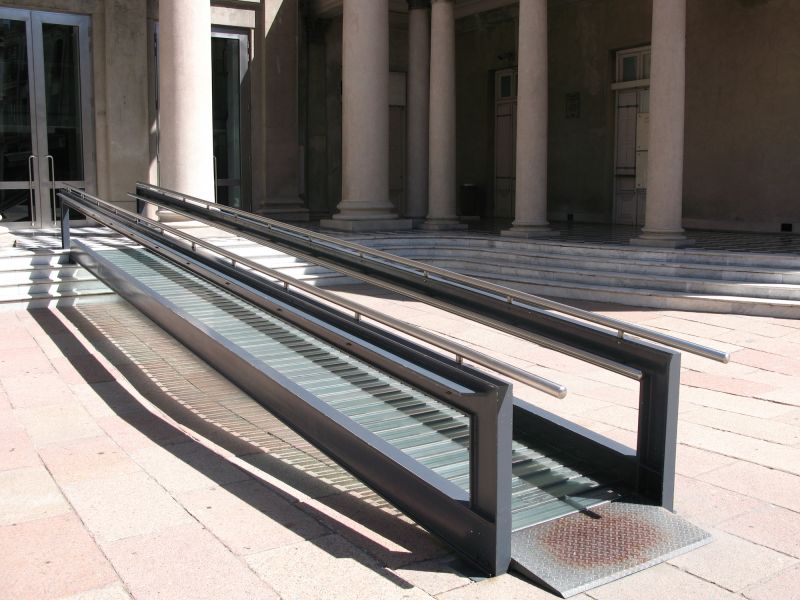
Adapting ramp designs to seasonal conditions.
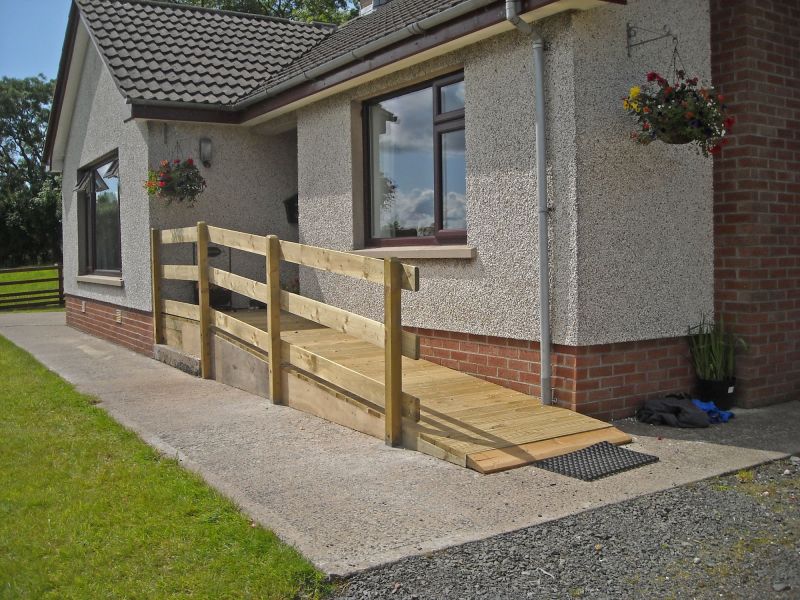
A frequent mistake in Wheel Chair Ramps and how to dodge it.
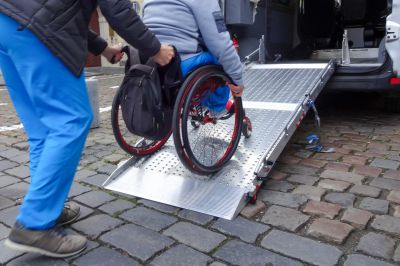
Small tweaks to make Wheel Chair Ramps safer and easier to use.

Lower-waste or water-saving choices for Wheel Chair Ramps.
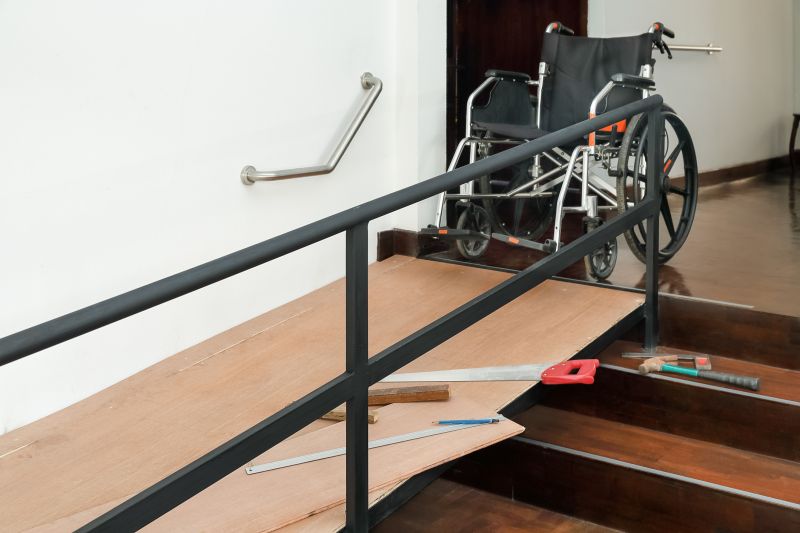
The short, realistic tool list for quality Wheel Chair Ramps.
Interested in installing a wheel chair ramp? Filling out the contact form can provide guidance on the best timing and options suited to specific needs.
